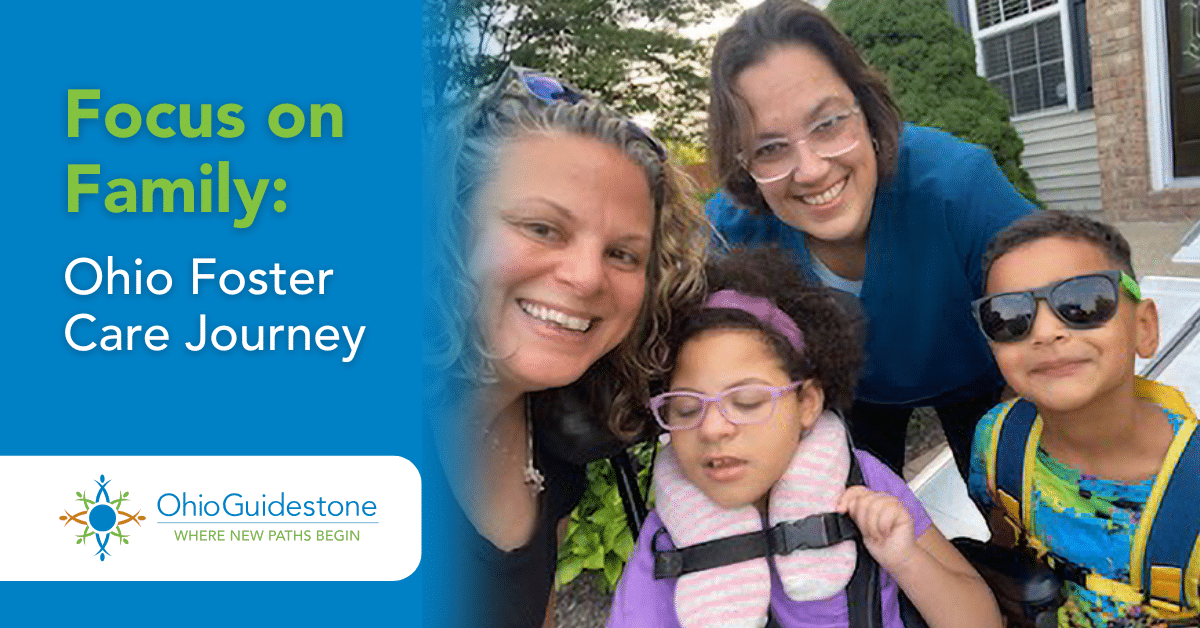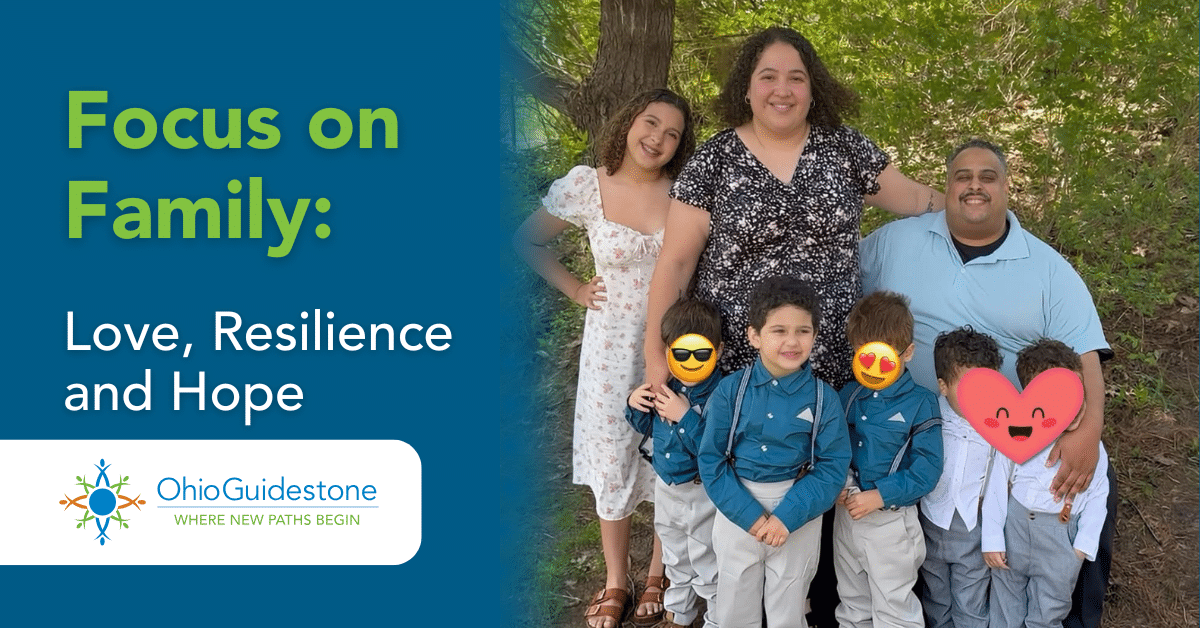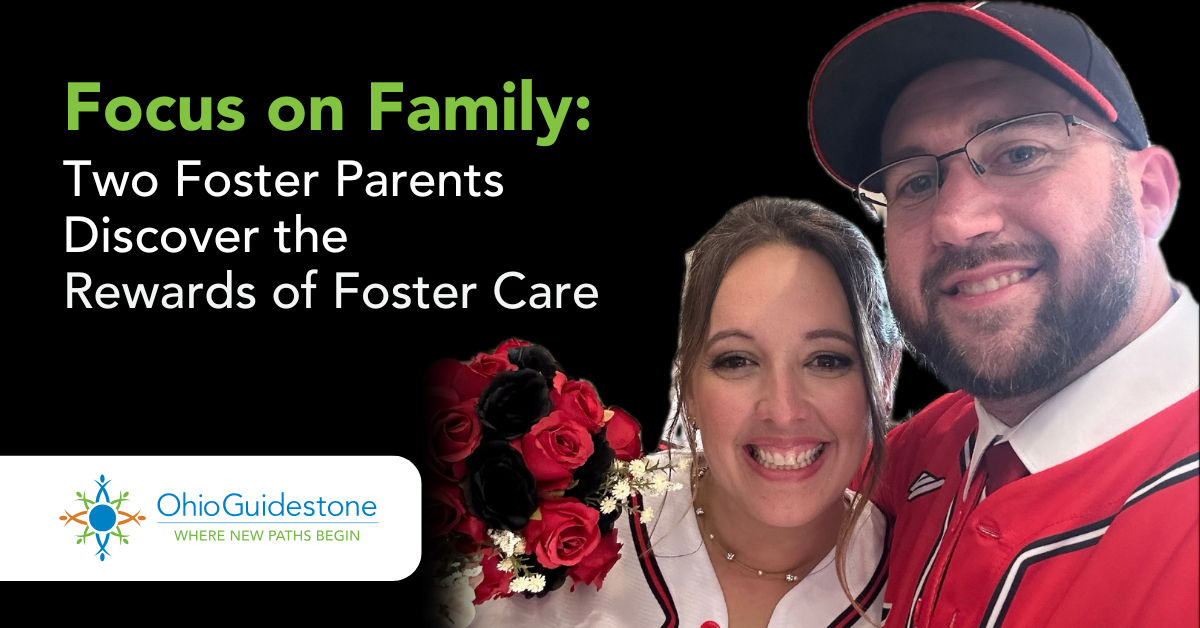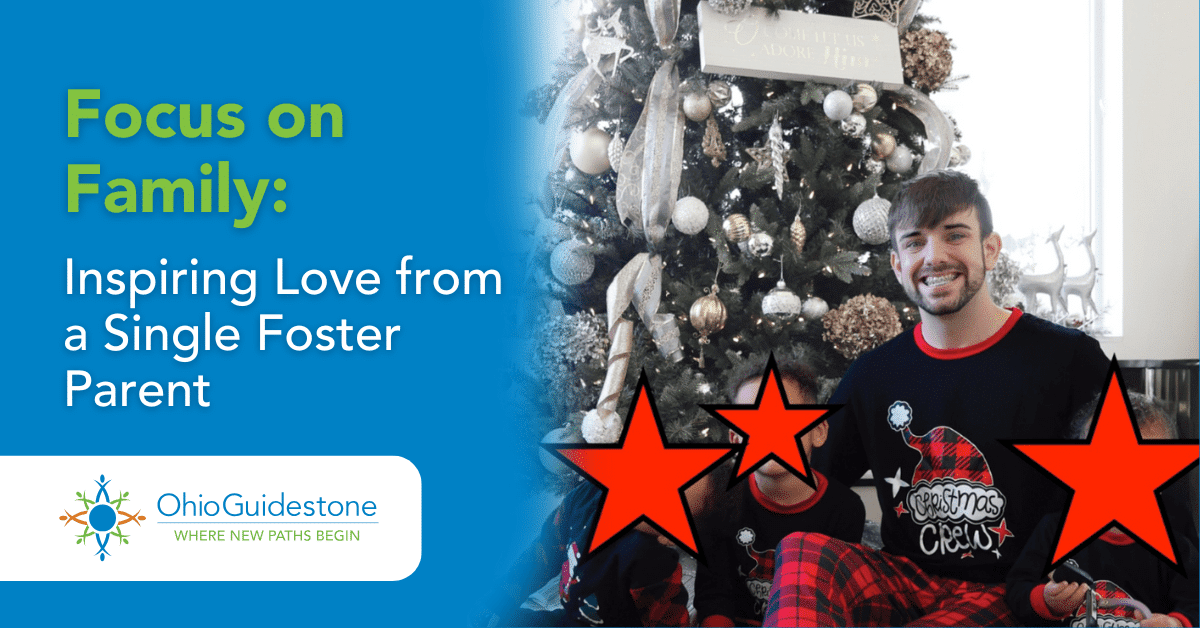4 Great Foster Family Game Night Ideas
Foster Family game night is a terrific tool for foster parents to create an inclusive environment for their foster children. It is a consistent event for everyone to look forward to and participate in, and it can build a feeling of belonging, which children in foster care sometimes lack.
Brittany Edelbrock, MSW, LISW, is a trainer and foster parent recruiter for OhioGuidestone with over 10 years of experience working in child welfare and therapeutic environments. Her Foster Family game night ideas were featured in the magazine Fostering Families Today.
“Every child who winds up doing well has had at least one stable and committed relationship with a supportive adult,” wrote Brian Walsh after completing a 2015 study at Harvard University’s Center on the Developing Child.
Children who have survived trauma need therapeutic services and much more in order to build trust, relationships and become successful adults.
Foster parents can rely heavily on their clinical team to help with this process, but there’s a lot they can do to help facilitate these things as well.
Let’s Play!
In 2013, U.S.-based toy company Hasbro completed a study that found 91% of families who play games together say having a game night increases their positive mood.
The study also found 76% of families with game nights said they spent more time together.
This probably isn’t new information to many foster parents, but what may be news is that we can transform family game night into family-focused interventions.
Sigmund Freud believed the primary way for children to communicate was through PLAY! Many children, especially teens, don’t want to sit and talk about their emotions, and young children often lack the capability to verbally express everything they’re feeling. So, play can be a means to exploring true feelings.
Releasing Energy Through Play
Play is the first language children speak. Play is also what children do with the extra energy not needed for survival.
We all know children tend to have a little bit more energy than their parents. It’s because they’re not using as much energy for survival as their parents do, for things like working and raising children, while stressing about their well-being.
Children need a way to burn off of this excess energy in positive ways so they’re less likely to land in time-out or receive the dreaded “grounding.”
Challenging their mind and body through play is a great way to burn some extra energy. Children communicate with their caregivers through play, so why not turn back the clock and revert to their most basic form of communication, and play?
Soothing the Mind and Body Through Play
Playing can help children develop skills they need to become productive members of society, including regulating their bodies.
Playing can help calm the body and mind, enabling children to better focus on games, activities, learning and other interactions.
They also learn social skills through play like how to win and lose games without explosive behaviors. This is a skill that children need to learn early in life, so they can build good relationships with peers at school, and eventually colleagues at work.
Mastering a skill, even if it’s just playing a card or board game, can also help a child’s self-esteem.
Lastly, playing games develops emotional regulation. Helping a child discuss feelings of sadness and irritation while playing games can help them gain coping skills to regulate emotions outside of a game, and give them a skill they will need for the rest of their lives.
Families can encourage improved behaviors, create crucial connections and strengthen important skills during fun-filled activities.
While these are all wonderful skills for youth to learn, sometimes we as foster parents often have high expectations. We want to further our relationship with children and help them build trust and resilience.
4 ways to help transform your family’s game night into something more:
Twister is a timeless classic where a spin of the dial determines which colored circle players place either their hands or feet. In order to transform this game into a family-focused intervention, why not associate feelings to colors.
Example:
Color = Emotion
- red with anger.
- green with joy.
- yellow with excitement.
- blue with sadness.
When the child places their hand/foot on the color, ask them to share a time they felt the feeling that color represents.
Once the child shares that experience, ask one follow-up question such as, “Did you tell your mommy how special that made you feel?” or “I am sorry that you felt so sad after that, who did you talk to
about that?”
This follow up statement is going to help the child feel heard and understood. It’s also going to send the message that we care about them and their feelings. Remember, one caring adult can make a difference for that child.
This is also going to help the child recognize emotions and use critical thinking skills to reflect on memories.
For children who have suffered trauma, the prefrontal cortex can be weaker than their peers, so this is a
great opportunity to strengthen that cognitive development. This transformation can be used for other games that involve colors, like Candyland and Uno.
Jenga is another timeless game that is popular with school-aged children, including older teens.
To transform this game, take each Jenga block and write a personal question on it.
Example:
- “What is your favorite memory?”
- “Who did you last hug?”
- “What is your favorite memory with family/friends?”
As the child pulls a block out of the stack, they answer the question.
As we did with Twister, ask a follow up question that sends the message to the child they are heard and
understood. Many of our favorite games can be transformed into family-focused interventions and increase the amazing work foster parents are already doing.
We all know relationships are the foundation for all good treatment. The children we serve are going to
remember their relationships and feelings more than anything else during their time in foster care.
So, send the message that they are loved, cared about, and strong.
OhioGuidestone, is always looking for loving families who are willing to care for a child, especially one who is medically fragile. We can help parents become licensed foster parents, and we provide a support program that offers activities and celebrations for foster families, as well as respite care when foster parents need a break.
-Brittany Edelbrock, MSW, LISW, is a trainer and foster parent recruiter for OhioGuidestone with over 10 years of experience working in child welfare and therapeutic environments.






